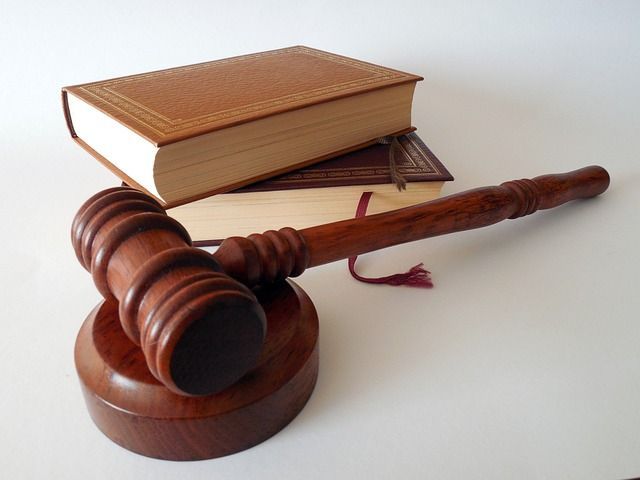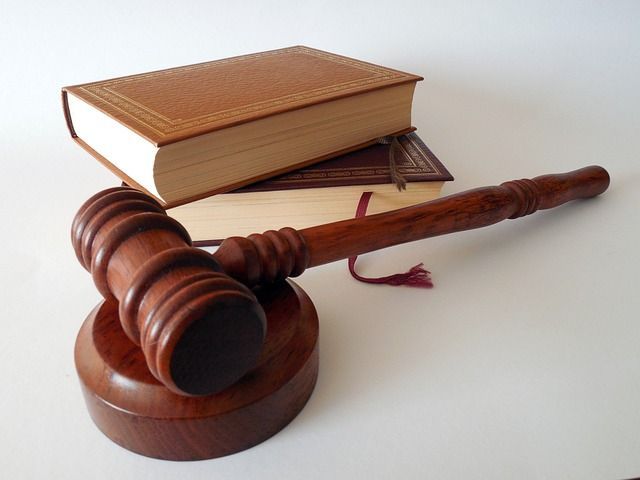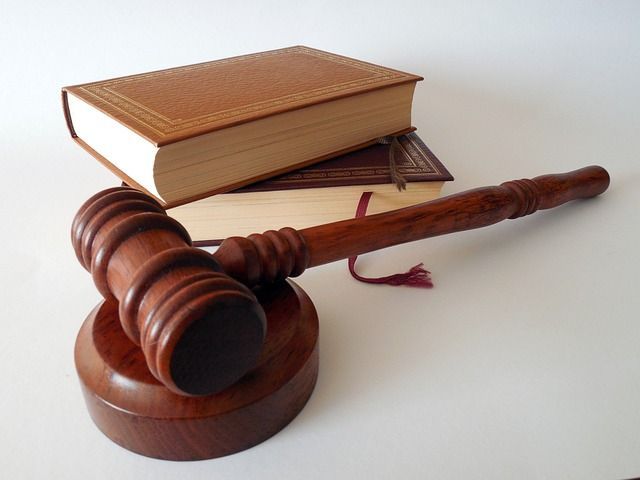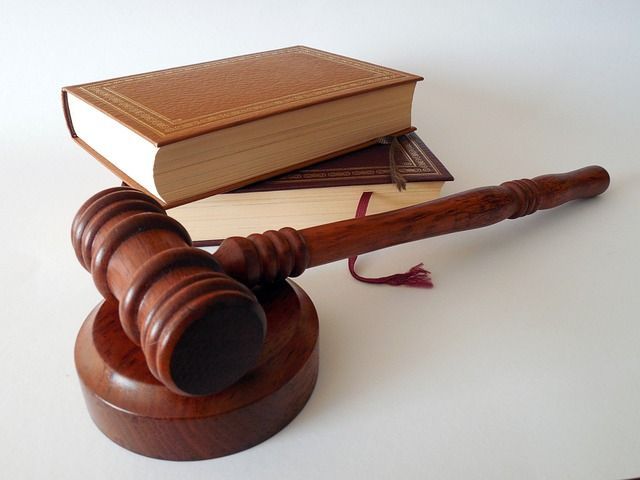Legislation - Unreasonableness (Sept 12)
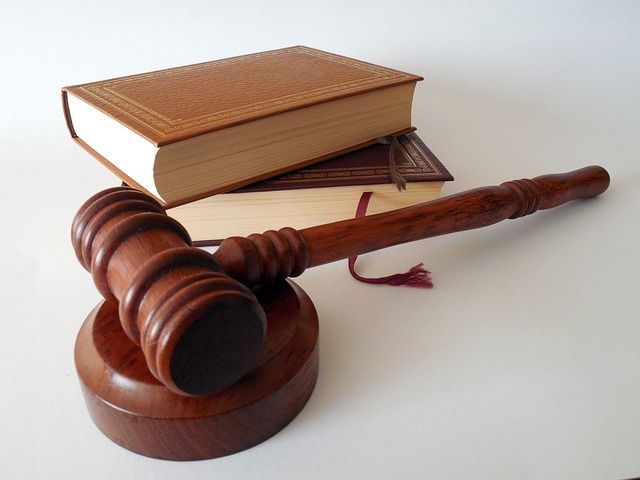
September 12, all 15 justices of the court will hear petitions against an amendment to Basic Law: The Judiciary, which the Coalition passed July 24, barring the judiciary from using reasonableness as a reason to reverse government and ministerial decisions.
"Reasonableness" allows the Courts to block government decisions that are just plain unreasonable (eg, appointment of a convicted law-breaker to a government ministry.)
Pundits say it is unlikely that the courts will strike it down, but convening all 15 justices gives the hearing a gravitas that suggests it is more than a possibility.
Attorney-General Gali Baharav-Miara has, in a lengthy opinion, called on the High Court to strike down the reasonableness law. USA for Israeli Democracy translated into English the first 16 pages of Baharav-Miara's 148-page opinion, which can be found here. ***
Knesset Attorney-General Sagit Afek wrote exactly the opposite: "There is no justification for a judicial review of a Basic Law that was adopted by the Knesset."
Unnamed government spokespeople have also declared the government's position that the court does not have the authority to rule on Basic Laws.
The court is considering broadcasting the September 12 hearing.
Religious Zionism's Simcha Rothman had petitioned to have Supreme Court Chief Justice Esther Hayut recuse herself from the hearing because of bias; Hayut has denied his request and will serve on the panel.
**
PM Netanyahu has repeatedly refused to say if he and the government would abide by a Supreme Court ruling striking down the 'reasonableness' bill. Netanyahu called the situation "uncharted territory."
On Wednesday, at a Knesset press conference, Likud Knesset Speaker Amir Ohana warned that the hearing on reasonableness could “plunge us into the abyss - the Knesset won’t submissively accept its trampling… There is no debate, and there cannot be one, over the question of whether the Knesset has authorized the court to nullify Basic Laws,” he said. Religious Zionism Minister of Finance Bezalel Smotrich said, "We won't let the Supreme Court nullify Basic Laws."
The question being decided here is whether the law is an unconstitutional constitutional amendment that undermines Israel’s Jewish and democratic character, and thus is theoretically capable of being invalidated by the court even though it is a Basic Law.
Netanyahu claimed that the Israeli Supreme Court overturning the reasonableness law, an amendment to one of Israel's basic laws, is equivalent to the US Supreme Court ruling a constitutional amendment unconstitutional.
In the US, to declare a "constitutional amendment unconstitutional" is almost impossible. To repeal an amendment to the constitution, you would need to ratify another amendment in its place. And ratifying a constitutional amendment is very, very difficult. There are just two ways to ratify an amendment to the Constitution:
- Two-thirds of the states can call for a constitutional convention. (This has never happened in the entire history of the US.) OR you need:
- A two-thirds supermajority in the House
- A two-thirds supermajority in the Senate (remembering that the House and the Senate may be ruled by different parties)
- A three-quarters supermajority of the states
- In the US, ratifying an amendment is an issue for the House, the Senate, and the states, not the courts.
In the entire history of the United States, only one constitutional amendment has ever been repealed: In 1933, the 21st amendment replaced the 18th amendment ("prohibition," banning the manufacture and sale of alcohol in the US.)
Israel, however, does not have the checks and balances present in the US system. In Israel, unlike in the US:
- There is no supermajority required.
- There is no bicameral necessity, no Senate and no House.
- There is no Federalist involvement, no states that get a vote, by supermajority or any other way.
- There is no Constitution.
- There is just the Knesset – which is, by definition, one partisan Coalition. And there is the Prime Minister – who comes from that same Coalition. The executive and legislative branches in Israel are effectively the same. The Supreme Court is the only check and balance in the entire system.
The Supreme Court, currently being accused of over-reaching, has, in the history of Israel, overturned exactly 20 laws, according to an article by Amir Fuchs. *
In Israel, while there is little precedent for the Supreme Court to overturn a basic law, ratifying an amendment is absurdly easy. All that is required to ratify an amendment to a basic law is:
- a simple majority, ie, at least 61 of the 120-seat Knesset (which in Israel can be done via three readings in a single day).
And to pass a Basic Law, no super-majority is required, just 61 members of any Knesset, again, possible to do via three readings in a single day.
One Knesset can overturn years of precedent and history in a few hours.
Unlike in the US, where one constitutional amendment has been repealed just once in the past 234 years, in Israel, this has happened over 60 times since 2000 alone.
In fact, in the current Knesset, in the past eight months, there have been at least five cases of repealed amendments.
There is less precedent for striking down of Basic Laws or their amendments; it has never happened on constitutional grounds (though the court says they have the authority to do so), and only once on the basis of abuse of the Knesset's constitutional powers
One could argue that Basic Laws themselves are currently being mis-used. Basic Laws were meant as a stop-gap until Israel could work towards a Constitution. Basic Laws are meant to be limited to laws that shape the essential nature of the State, and ensure its democratic and Jewish character.
Instead, they are now being enacted for partisan reasons.
As the Israeli Law Professors' Forum for Democracy recent article on unreasonableness pointed out: "Immunizing Basic Laws from judicial review (with no limitations on what Basic Laws might include or the process of their enactment)" as part of this Coalition's plan to "weaken the power and independence of the Supreme Court and unprecedentedly shifting power to the executive" as well as providing the Coalition with "override power to reinstate legislation that has been struck down by the court as unconstitutional" was unexpected, to say the least. **
To go back to the original question of whether this is similar to a putative US' constitutionality ruling: None of these new Knesset bills and amendments would ever, one would hope, be incorporated into the US Constitution in the first place. Having to tap the Supreme Court or any other group to disempower such extremist legislation would hopefully never be an issue. The comparison is apples and oranges.
Moreover, the real worry about not overturning Reasonableness is that the Knesset could use the absence of that stricture to pass another law: A Basic Law that forever abolishes the power of the courts to overturn Basic Laws. In essence, it could give them the power to do whatever they want – and have it enshrined in law forever.
It is extremely difficult to compare different forms of government. However, there seems to be no precedent in any democracy in the world for such a casual approach to changing laws, changes that endanger the very nature of the democracy, and the basic rights of its citizens, because of one mercurial, outlier election and parliament.
Likud Justice Minister Yariv Levin, asked about a constitutional crisis with respect to the decision, declared, "The prime minister rightly said that over the years, governments have respected the rulings of the court, and the court has respected the basic laws. I hope that will be the case this time as well. The responsibility now rests with the Supreme Court." (Kol Berama Haredi radio)
Religious Zionism Simcha Rothman, asked about constitutional crisis by Arutz 7, said, "We have been in a constitutional crisis since the Supreme Court decided to take for itself the power to cancel laws. Afterwards it interfered in administrative decisions, and afterwards on Shabbat in Tel Aviv, and everyone saw the results of the constitutional crisis on the issue of the infiltrators (apparently referring to the Eritrean protest). This is how a country run by the Supreme Court looks – because the policy on the matter of the infiltrators was set only by the court, and not by anyone else." (Arutz 7, September 5.)
The hearing is set for September 12.
